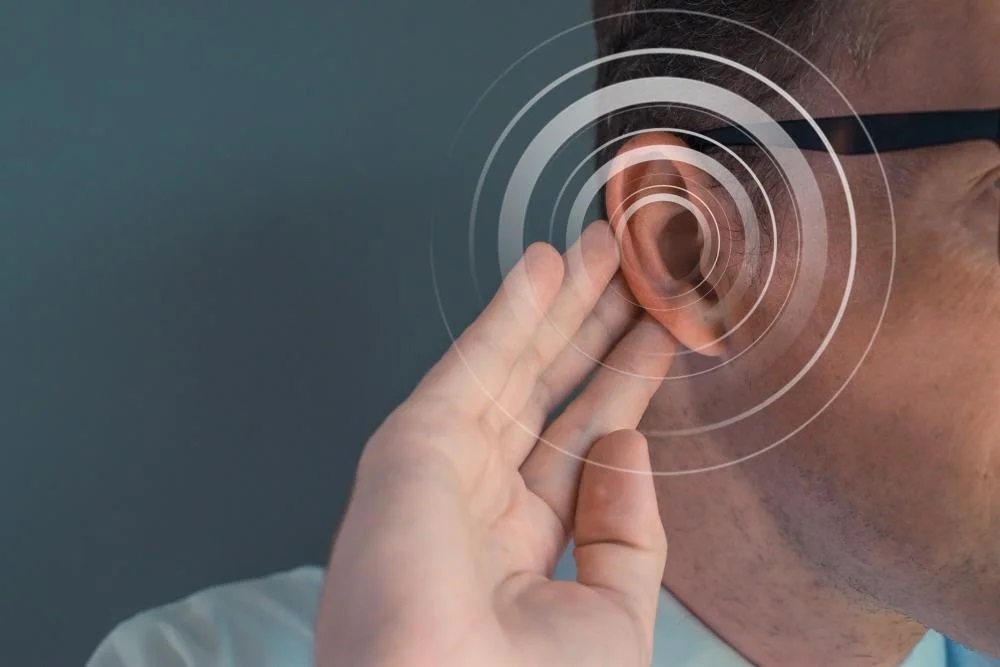By Aisha Naava
Currently, with modern technology, we have noticed louder volumes of sound in places where people are congested like shops, restaurants, cinemas and others. Additionally, 3D experiences are now being offered in films and games with surrounding sound which means that we are facing louder noises on a more intense basis than ever before, hence a serious implication to our hearing.
In addition to that, many people especially the young listen to music using ear buds usually via a smartphone or mobile device which means that volumes are usually higher in order to drown out surrounding noise and people tend to listen for longer periods yet exposure of ears to more than 60 decibels of volumes for more than an hour each day can cause permanent hearing damage, however many people listen at more than 85 decibels for extended periods.
The most common cause of acquired hearing loss is noise, which accounts for over one-quarter of people affected by hearing loss. Conversely, with modern technology wearing ear muffs or ear plugs can help protect your hearing in a noisy place.
Other causes may include, cerumen impaction (impacted ear wax), trauma to the ear or head, ototoxic medicines like aminoglycosides, work-related ototoxic chemicals, nutritional deficiencies, viral infections and other ear conditions, delayed onset or progressive genetic hearing loss.
Additionally, certain lifestyle factors, such as smoking, cardiovascular disease, and diabetes, can contribute to hearing loss.
Forms of hearing loss may include; conductive which involves the middle and outer ear, and sensorineural which involves the inner ear. It’s important to note that some individuals may experience a combination of sensorineural and conductive hearing loss, referred to as mixed hearing loss.
According to deafness and hearing loss statistics (2024), more than 1.5 billion people are affected by hearing loss in at least one ear worldwide and more than 70 million people worldwide are deaf, with more than 80% of them residing in developing countries. Yet more than 1700 babies were estimated to have been born deaf in 2020.
Additionally, about 430 million people worldwide require rehabilitation for disabling hearing loss and approximately 13% of adults ages 18 and older experience some difficulty hearing even when using a hearing aid.
Deafness not only affects the individual but also their family, friends and even the economy. Without proper treatment, it can lead to medical, financial, physical and emotional complications.
Depending on the underlying cause of hearing loss, treatments can include ear wax removal, hearing aids or cochlear implants. With recent access to over-the-counter hearing aids, those with mild to moderate hearing loss may now have a more cost-effective treatment option than in previous years.
Hearing aids are devices designed to improve hearing for individuals with hearing problems or loss. The effects of using hearing aids can vary depending on the severity and type of hearing loss, as well as the individual’s overall health and lifestyle.
However, it’s important to note that the effectiveness of hearing aids can vary from person to person, and success often depends on factors such as the type and degree of hearing loss, the appropriate hearing aids, and the individual’s willingness to adapt to and use the devices consistently.
Also, regular follow-up appointments with an audiologist are essential to ensure that the hearing aids are properly adjusted and meet the individual’s evolving needs. Though it may seem that increasing sound levels by wearing hearing devices can be damaging to your ears, properly programmed hearing aids with minimal time usage will not damage your hearing.
Individuals with hearing loss have received positive impacts from using hearing aids; these include improved communication, enhanced quality of life, increased surrounding awareness and safety, reduced social isolation, better cognitive function, improved work performance and improved emotional well-being.
On the other hand, individuals without hearing loss but who use hearing devices also have positive effects like; sound amplification, heightened sensitivity to certain sounds, improved focus, enhanced listening experience, enhanced communication, and personal preference.
It is important to consider that using devices when not medically necessary may have downsides that’s to say; prolonged use of amplification devices in individuals with normal hearing may lead to auditory fatigue or discomfort. Moreover, reliance on amplification when not needed might hinder the natural auditory processing abilities of the brain.
Despite the beauty of modern technology, hearing devices may cause adverse events like ear canal or outer ear skin irritation, injury from the device (like cuts or scratches, or burns from an overheated battery), pieces of the device lodged in your ear canal, or sudden increased severity in hearing loss with device use.
NOTE; Before using any hearing devices, it’s advisable to consult with an audiologist or hearing healthcare professional to assess your hearing status, provide guidance on the appropriateness of hearing devices, and ensure that any amplification is applied safely and in a manner that promotes auditory well-being and not damage.
The author; Aisha Naava, is a nursing officer at Kawolo General Hospital.
Do you have a story or an opinion to share? Email us on: dailyexpressug@gmail.com Or follow the Daily Express on X Platform or WhatsApp for the latest updates.

